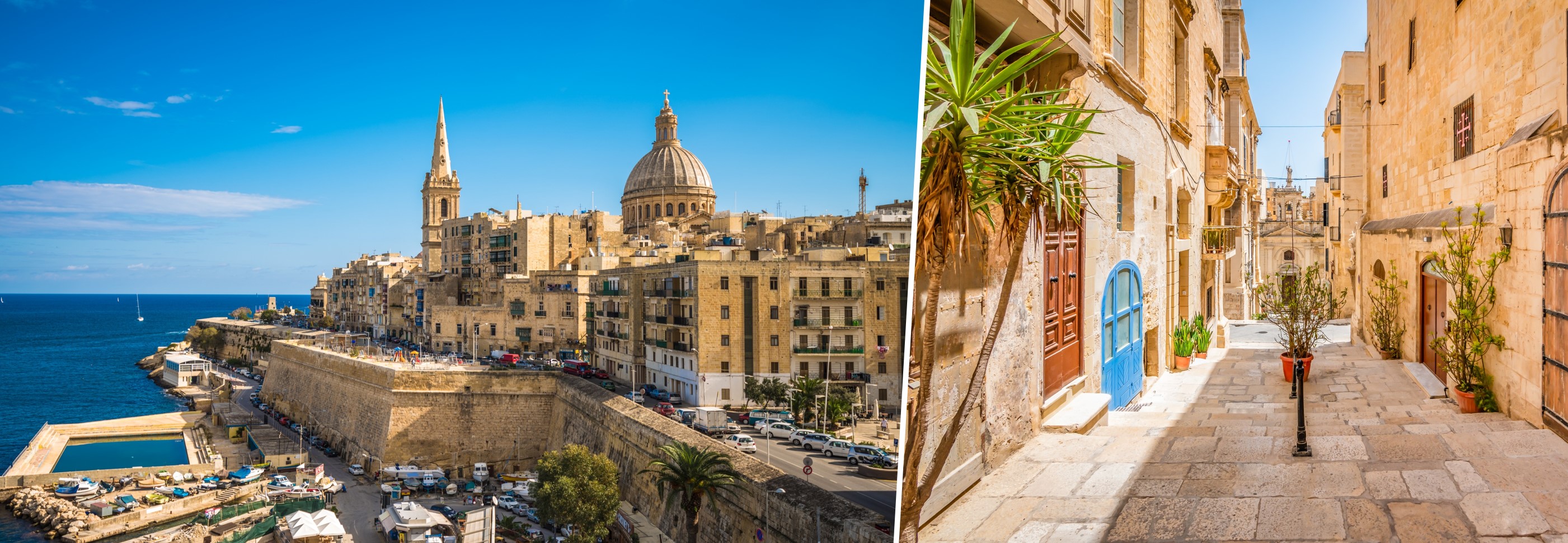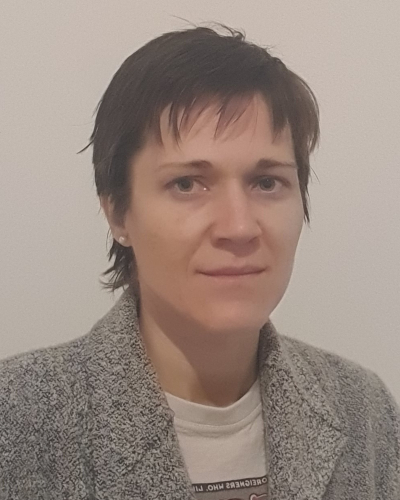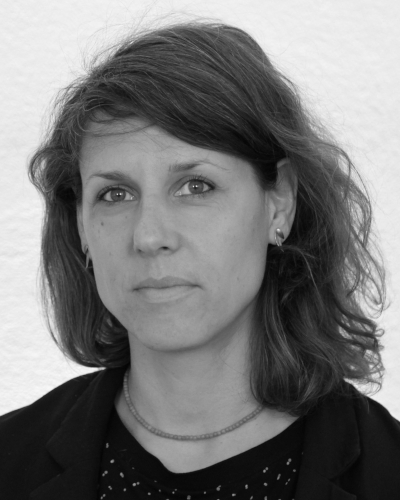SPECIAL SESSION #10
Recent advancements on spaceborne, UAV and floating technologies to implement smart monitoring of coastal seas
ORGANIZED BY
Giovanna Inserra
Università degli Studi di Napoli Parthenope, Italy
Giulia Buttazzoni
Università di Trieste, Italy
Silvia Merlino
Istituto di Scienze Marine, Consiglio Nazionale delle Ricerche, Italy
Urša Kanjir
Research Centre of the Slovenian Academy of Sciences and Arts, Slovenia
ABSTRACT
General consensus has been widespread on the crucial role played by the knowledge about the sea environment and its processes in frameworks such as the blue economy, biodiversity heritage, and sustainable development. Nonetheless, they are all threatened by both natural and human-induced factors such as climate change, pollution, etc. For this reason, marine metrology has gained increasing attention in the scientific community in recent years. According to the IEEE Xplore Digital Library, more than 10 thousand scientific articles have been published in peer-reviewed journals and conference proceedings, magazines, books, and standards on marine-related topics since 2022. Among them, about 40% refers to technological advances of in-situ and remote sensing sensors for monitoring significant ocean parameters, while about 52% refer to new insights into modeling the behavior of marine processes. We are currently in the Decade of the Sea 2021-2030, promoted by the IOC-UNESCO, that aims to support research and implement urgent actions to protect the oceans. Achieving the goal by 2030 will require a multidisciplinary approach across all sectors in the field of marine sciences. As a result, the engineering community involved in the metrology of the sea is promptly moving to respond to social, economic, and environmental needs related to the marine ecosystem.
Within this framework, this special session proposal aims to attract novel and valuable contributions in the fields of marine metrology, with the goal of addressing the key challenges arising from the most up-to-date relevant literature. Hence, this special session welcomes the submission of brand-new studies which are expected to contribute to marine awareness. Pieces of research should be focused on the development and/or improvement of new satellite, aerial and floating measurement tools, on the development and/or improvement of geophysical parameter retrieval and modeling strategies, as well as the exploitation of such technological tools to provide new or enhanced added-value products related to coastal marine environment applications. Contributions related to the first domain may include smart antennas for spaceborne and unmanned aerial vehicle sensors, drifters, and smart antennas, while contributions related to second domain may include marine pollution monitoring, maritime surveillance support, critical infrastructure monitoring and tracking of natural and anthropogenic coastal processes such as coastal erosion, exploitation of coastal material, impacts of industry and tourism on the coastal environment, etc.
Hence, this special session is intended to be a multidisciplinary forum to discuss the most recent advancements in technologies, analysis tools and products related to the coastal marine environment domain.
ABOUT THE ORGANIZERS
Giovanna Inserra received the bachelor’s degree in Telecommunications Engineering and the master’s degree in information and communication Technology and Engineering from the University of Naples Parthenope, Italy, in 2017 and 2020, respectively. Since 2020, she is enrolled as PhD student in the Information and Communication Technology and Engineering Program (XXXVI cycle) at University of Naples Parthenope. Since 2020 she is IEEE graduate student member IEEE (Geoscience and Remote Sensing Society) and Young Professional. Since 2021 she belongs, as secretary, to the Oceanic Engineering Society. Her research interests include electromagnetic modeling and the exploitation of polarimetric SAR measurements to generate added-value products for marine and coastal applications.
Giulia Buttazzoni (Senior Member, IEEE) received the M.Sc. Degree (summa cum laude) in Telecommunication Engineering and the Ph.D. Degree in Information Engineering from the University of Trieste (Italy), in 2008 and 2013, respectively. In 2014 she joined the Department of Engineering and Architecture (DIA) of the University of Trieste, where she is currently Associate Professor in Electromagnetic Fields and Antennas. She is member of SIEM (Italian Electromagnetics Society) and CNIT (National Inter-University Consortium for Telecommunications). Her main research activity concerns antenna array synthesis techniques and numerical methods for electromagnetic fields.
Silvia Merlino - Physicist. She got his degree in physics at the University of Pisa, Italy, the Ph. D. In Astrophysics and Elementary Particles at the University of Granada, Spain, and the Post-Doc at the University of Parma, Italy. She is researcher, initially in the Italian Institute for Physics of the Matter and, since 2009, in the Institute of Marine Science of CNR, in Italy. She currently conducts research in the field of physical oceanography, dynamical process related to coastal areas and lakes, and on the impact of plastic on aquatic environment. She is also actively involved in several monitoring programmes through citizen science approach, and in parallel in awareness raising and science education actions related to the environmental issues addressed.
Urša Kanjir has been working in the Remote Sensing Department of the Research Centre of the Slovenian Academy of Sciences and Arts since 2010 and received her PhD in Environmental Protection (University of Ljubljana) in 2021. Over the years she has participated in many research projects on various topics, but her research interests are mainly focused on time series analysis, object classification and change detection in satellite imagery. In her work she often collaborates with colleagues from other disciplines, especially anthropologists.




























